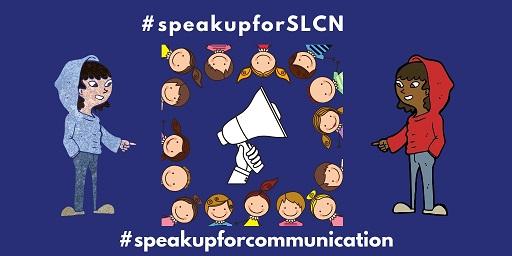
Published on: 03/06/20
Leading organisations have written to the Prime Minister calling for better services and support for children with SLCN

Published on: 03/06/20
Coordinated by I CAN, the children’s charity, and the Royal College of Speech and Language Therapists (RCSLT), the coalition of over 60 organisations sent the open letter today (March 7).
The coalition wants to see urgent action in five key areas, which will improve the life chances for some 1.4 million children and young people, enabling them to reach their full potential.
The coalition urges action on:
The letter to the Prime Minister comes as I CAN and the RCSLT publish the first anniversary update to their joint report, Bercow: Ten Years On, which looked at the state of provision for children and young people with SLCN in England.
Of the 47 recommendations for action made in the report, 17 of them have been implemented.
Bob Reitemeier CBE, Chief Executive at I CAN said: “Since we launched the Bercow: Ten Years On report, last year, the Government has made inroads to improving the support available to children and young people with speech, language and communication needs. Language development for children under the age of five is high on the Government’s agenda, but for school-age children, and those with long-term needs, such as developmental language disorder, there has been little change.”
Kamini Gadhok MBE, Chief Executive of the Royal College of Speech & Language Therapists, added: “The Government’s ambition to tackle social mobility by supporting early language development is clear. However, around 1.4 million children and young people have speech, language and communication needs and need help during and well-beyond the early years. The implementation of a cross-Government strategy for children and young people – involving health and social care, education and justice would enable children and young people to fulfil their potential.”